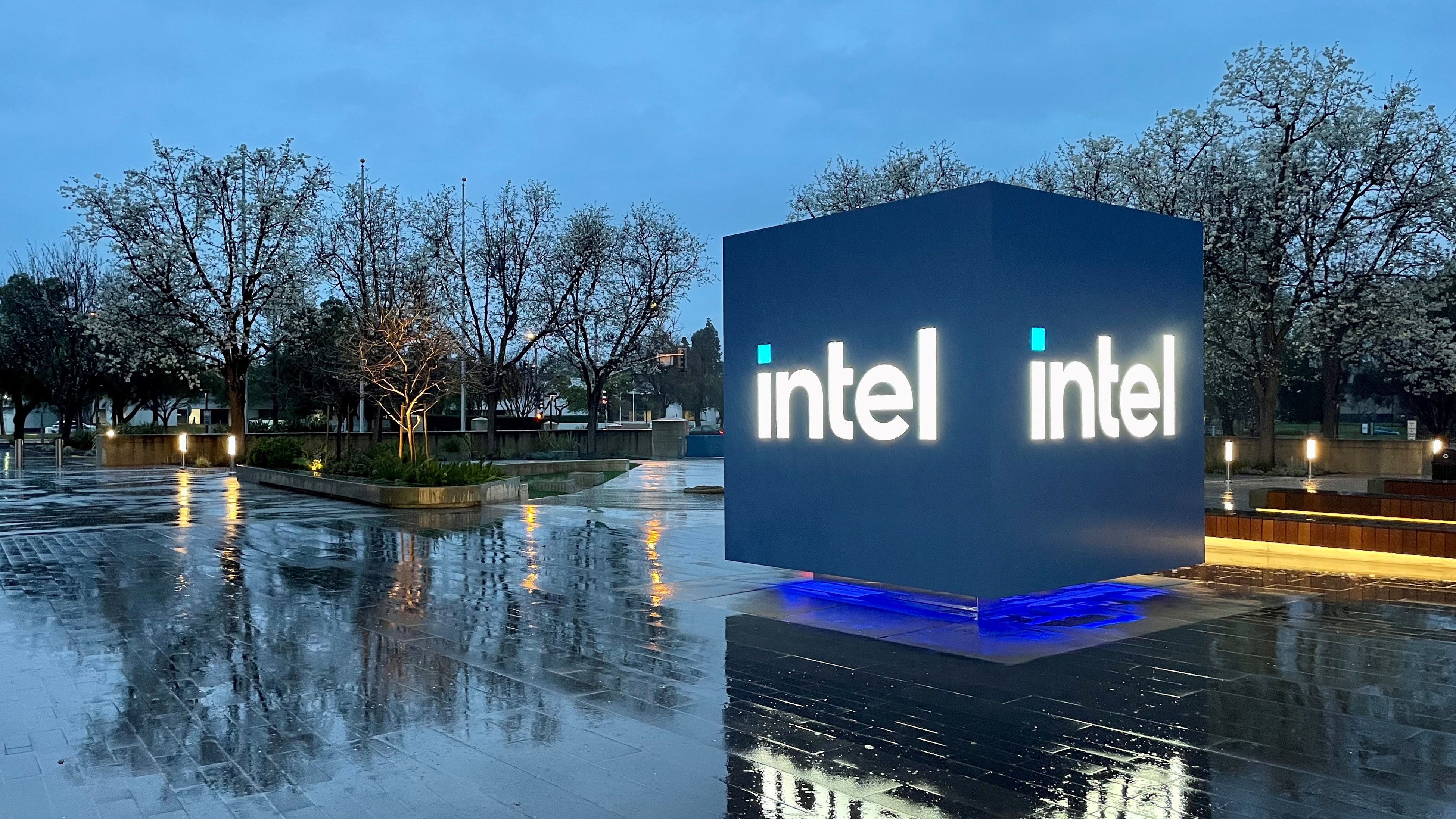Tips for more productive meetings
Meetings taking up more time than they should? Boost your efficiency with our handy guide

It's no secret that the workplace is evolving, with advancing technology and our changing expectations enabling new ways of working that were simply impossible before the advent of Wi-Fi, file sharing and online collaboration. As meetings form such a large part of many people's jobs, it was inevitable that the way we organise and participate in them would transform, too.
Indeed, these shifting paradigms, particularly agile working, have placed new demands on meetings, as colleagues who no longer occupy the same building rely on them more and more as a way of catching up and sharing important updates. This means that, more than ever, it is vital to get the best out of our meetings, which let's face it are vulnerable to disorganisation, and can easily be a waste of time rather than a productive exercise.
Let's take a look at the best practices and tools that will ensure your meetings live up to their potential.
Planning and organisation
One key element of executing a productive meeting is the same as it ever was: organisation. Knowing why you're having the meeting, what you need to cover and what the outcomes are will leave you in very good stead.
You undoubtedly know the basics, but just because they're simple doesn't mean they aren't vital. Before you even begin the meeting, make sure you've set and shared an agenda to define your objectives and keep the meeting on track. Assign someone to take minutes as a record of what was discussed and what ideas and plans were generated. The minutes will also help inform action points which can be given out at the end of the meeting so that the relevant people can follow-up on anything discussed. Sticking to the allotted time will help keep people focused. These simple processes remain as important and effective as ever, and are the best place to start to boost productivity.
Your guest list should also be scrutinised. We've all attended meetings where we've found ourselves staring into space and wondering why we were invited at all. Limiting your invitations to people who have something relevant to input will avoid wasting your colleagues' time as well as creating smaller and more focused meetings (Google, for instance, suggests avoiding any meetings of more than 10 people). Consider which colleagues will be better served by being updated on the meeting's outcomes rather than attending.
On a related note, assure your colleagues that, if they genuinely believe that they have nothing to contribute, they can decline their invitation without penalty. That will make sure that everyone in the room is engaged and ready to contribute, rather than sitting in silence and wishing they were getting on with something else.
Environment
The advent of Wi-Fi and agile working practices has meant that meetings can technically be held anywhere but that doesn't mean they always should. Although it's very useful to be able to call in from a cafe or park bench if you have to, optimised meeting spaces are still the best place to communicate with your team.
The setup of you conference room can have a major effect on productivity by creating a space free from distractions and as conference calling and remote working become more prevalent one in which you can communicate clearly with colleagues who are unable to attend in person. Consider soundproofing rooms in which ambient noise from air conditioning, passing traffic or noisy colleagues can be heard filtering in from outside. Bad acoustics can render audio communication incomprehensible, so take steps to limit reverberation with carpets, panelling and soft furnishings.
A quality audio-visual system is naturally vital for conference calls. It is worth employing the assistance of an AV expert in setting up microphones and speakers in the best way to minimise feedback and ensure that communication is as clear as possible. Think about the positioning of cameras and screens so that everyone can easily see each other. Weak and unreliable lines of communication can rapidly eat into your time and overshadow the matters that the meeting was called to discuss.
Meeting management tools can be used to perform data analysis that can also help you refine your meeting room usage and conference spaces, and plan better strategies in the future.
Technology
Advances in technology have enabled many of the changes to how we communicate and conduct meetings, and the proper use of the tools available can greatly boost productivity.
Selecting the right collaborative platform, such as the Intel Unite solution, can help significantly streamline processes, keeping internal and remote team members on the same page, as well as serving as a tool to crunch the aforementioned meeting data. Intel Unite is an open platform that supports plugins for popular collaboration tools such as Skype for Business, Zoom and Cisco Webex, as well as in-room controls, whiteboarding and other systems, so that you can select and seamlessly combine the best tools for the job under one roof. The classic Intel Unite solution requires a hub computer based on an Intel Core vPro processor in every meeting space, an on-premises PIN server and the Intel Unite app on users' devices there is also the new Intel Unite Cloud Service that offers the option for you to access a cloud-hosted PIN service instead of requiring an on-premises server.
It's vital to ensure that your employees are properly equipped with the most up-to-date hardware and software so that they can take full advantage of these systems and log into remote meetings with minimum fuss. High-spec cameras, microphones and speakers will allow them to see, hear and be heard, while new laptops with fresh batteries will prevent them from losing power and getting cut off halfway through your meeting.
With technology continuing to evolve at a rate of knots, it pays to keep abreast of the newest developments. Artificial intelligence and the internet of things are widely expected to further streamline meeting processes and offer new insights that will increase productivity in ways we are only beginning to understand. IoT promises increased connectivity to everything from projectors to climate control to make meeting management easier than ever. AI is projected to develop virtual assistants that can help with admin like managing calendars and scheduling meetings, as well as source relevant data to answer questions as they are raised and generate new ideas. By keeping up to speed on the latest cutting-edge tech developments, you'll always be in a position to make informed decisions when it comes to adopting the best tools for the job.
Discover how the Intel Unite platform can help your business here
Get the ITPro daily newsletter
Sign up today and you will receive a free copy of our Future Focus 2025 report - the leading guidance on AI, cybersecurity and other IT challenges as per 700+ senior executives
ITPro is a global business technology website providing the latest news, analysis, and business insight for IT decision-makers. Whether it's cyber security, cloud computing, IT infrastructure, or business strategy, we aim to equip leaders with the data they need to make informed IT investments.
For regular updates delivered to your inbox and social feeds, be sure to sign up to our daily newsletter and follow on us LinkedIn and Twitter.
-
 Should AI PCs be part of your next hardware refresh?
Should AI PCs be part of your next hardware refresh?AI PCs are fast becoming a business staple and a surefire way to future-proof your business
By Bobby Hellard
-
 Westcon-Comstor and Vectra AI launch brace of new channel initiatives
Westcon-Comstor and Vectra AI launch brace of new channel initiativesNews Westcon-Comstor and Vectra AI have announced the launch of two new channel growth initiatives focused on the managed security service provider (MSSP) space and AWS Marketplace.
By Daniel Todd
-
 Everything you need to know about Lip-Bu Tan, Intel’s new CEO
Everything you need to know about Lip-Bu Tan, Intel’s new CEONews Intel has announced its next CEO in the wake of Pat Gelsinger's retirement, naming former board member Lip-Bu Tan as its new leader months after he quit.
By Nicole Kobie
-
 'Digital hide-and-seek': Workers are wasting hundreds of hours a year sourcing the information they need to carry out their role
'Digital hide-and-seek': Workers are wasting hundreds of hours a year sourcing the information they need to carry out their roleNews Knowledge workers globally are wasting a quarter of their working week tracking down information, new research from Atlassian has revealed.
By George Fitzmaurice
-
 Intel CEO Pat Gelsinger announces retirement
Intel CEO Pat Gelsinger announces retirementNews Gelsinger’s departure comes amid a tumultuous period at Intel
By Ross Kelly
-
 AMD to cut around 1,000 staff to focus on "growth opportunities"
AMD to cut around 1,000 staff to focus on "growth opportunities"News The AMD layoffs come after rival Intel cut staff on the back of flagging AI returns
By George Fitzmaurice
-
 Meta layoffs hit staff at WhatsApp, Instagram, and Reality Labs divisions
Meta layoffs hit staff at WhatsApp, Instagram, and Reality Labs divisionsNews The 'year of efficiency' for Mark Zuckerberg continues as Meta layoffs affect staff in key business units
By Ross Kelly
-
 The power and the pain: Looking forward so you’re not held back
The power and the pain: Looking forward so you’re not held backAvoiding server modernization may seem like a cost-saving strategy, but the hidden risks of downtime, security breaches, and operational inefficiencies can quickly become far more costly…
By ITPro
-
 Modernization: Nothing to fear except failing to future-proof
Modernization: Nothing to fear except failing to future-proofAs businesses face mounting pressure to innovate while maintaining daily operations on tight budgets, modernization has become a necessity, not a luxury
By ITPro
-
 Everything you need to know about Intel
Everything you need to know about IntelIn-depth An essential guide to Intel, a trailblazer in microprocessor innovation and a foundational force behind the evolution of modern computing and the personal computer industry
By Rene Millman
